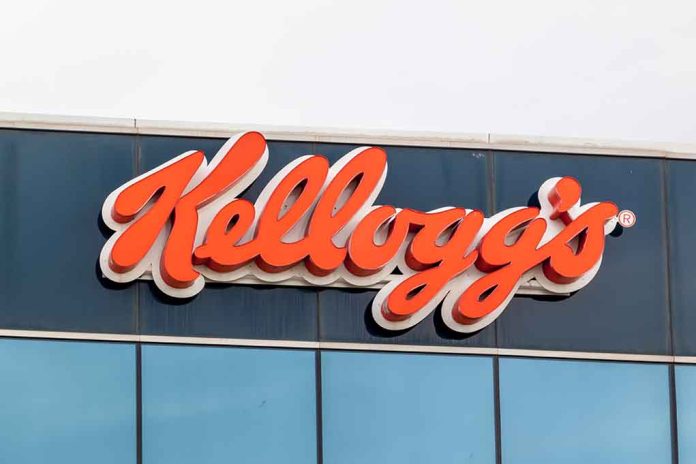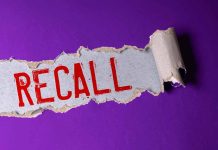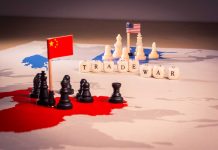
Protesters in Michigan are calling for Kellogg’s to remove artificial dyes from U.S. cereals, yet changes remain elusive.
At a Glance
- Protesters gathered at WK Kellogg Co.’s Michigan headquarters.
- Kellogg pledged to remove artificial dyes by 2018 but has not yet done so in the U.S.
- The company has replaced artificial colors with natural ingredients in other countries.
- A petition with over 400,000 signatures was submitted to Kellogg by activists.
Protesters Rally Outside Kellogg’s Headquarters
Individuals gathered at the WK Kellogg Co.’s Michigan headquarters to demand the removal of artificial dyes from U.S. breakfast cereals. Activists, including parents, doctors, and nutritionists, voiced concerns about potential health impacts, delivering a petition with over 400,000 signatures. The protest highlighted long-standing issues with artificial additives like Red 40 and Yellow 5, commonly used in cereals such as Froot Loops and Apple Jacks.
About a decade ago, Kellogg made a commitment to eliminate artificial colors and ingredients from its products by 2018. However, the implementation within the United States has not reached the same level as in countries like Canada, where natural alternatives are used. Many consumers in the U.S. remain concerned about additives, and the recent protest further amplified their voices.
Health Concerns and Alternatives
Questions about the health effects of artificial dyes in food have been raised over the years. Studies have linked these dyes to behavioral issues in children, sparking debate about their safety. Despite statements from the U.S. FDA that most children do not experience adverse effects, the pressure on food companies to switch to natural ingredients continues to mount.
“I’m here for all the mothers who struggle to feed their kids healthy food without added chemicals,” said Vani Hari, a food activist who previously pressured Kraft Heinz.
Some countries, including the UK, Japan, and Canada, have already banned or restricted several artificial dyes. Kellogg’s response to public concerns varies internationally; in some markets, such as Canada, natural-color alternatives have shown better reception among consumers.
Dozens of people rallied outside the Michigan headquarters of WK Kellogg Co. Tuesday, demanding that the company remove artificial dyes from its breakfast cereals in the U.S.
— CBS Detroit (@CBSDetroit) October 16, 2024
Company Response and Future Prospects
Kellogg claims that more than 85% of its cereal sales in the U.S. now do not involve artificial colors. The company emphasized its ongoing efforts to innovate and present healthier options that align with consumer demand. However, the protest indicates ongoing dissatisfaction, encouraging Kellogg to accelerate its transition to natural alternatives across all cereals.
“Today, more than 85% of our cereal sales contain no colors from artificial sources,” the company stated, showcasing their dedication to healthier food options.
As consumer preferences continue to evolve, companies like Kellogg face the challenge of balancing market demands with health concerns. While some progress is evident, stakeholders eagerly await further commitment to health-conscious reforms, both domestically and globally.
Sources
- Protesters demand Kellogg’s remove ‘harmful additives’ injected into Froot Loops, Apple Jacks in US: ‘Here for all the mothers’
- Protesters insist Kellogg remove artificial dyes from cereals like Froot Loops: reports
- Protesters demand Kellogg remove artificial colors from Froot Loops and other cereals














